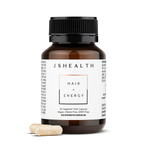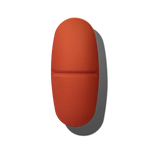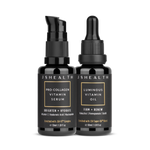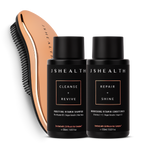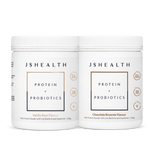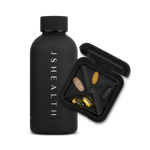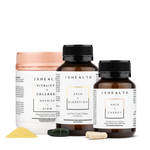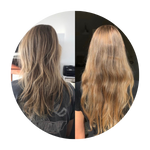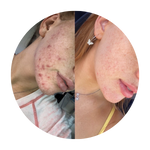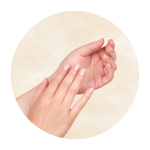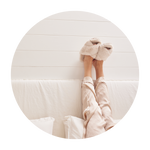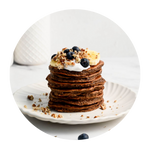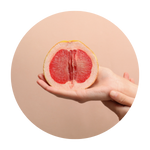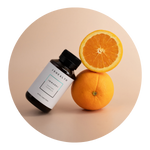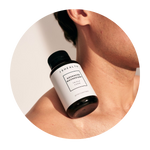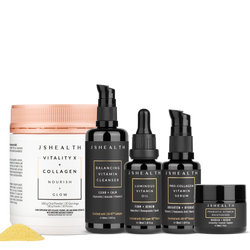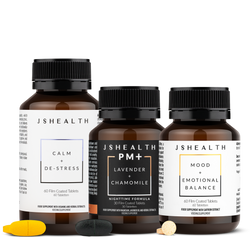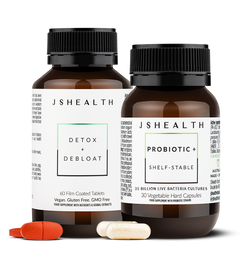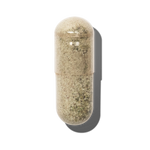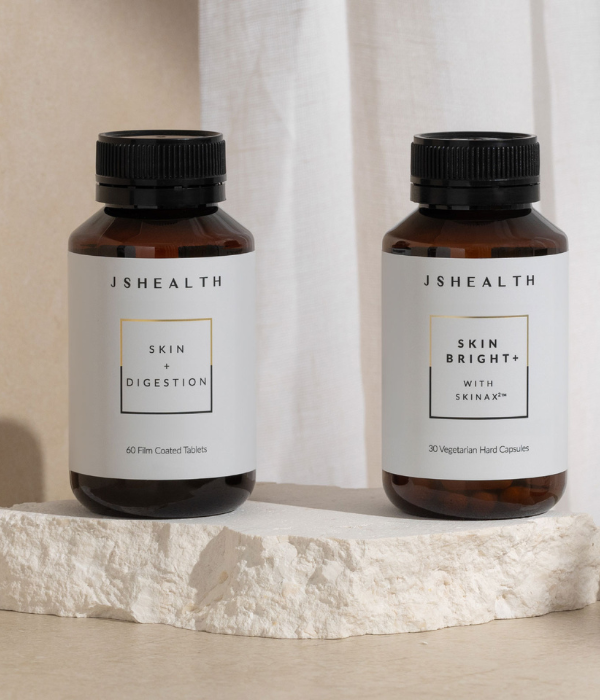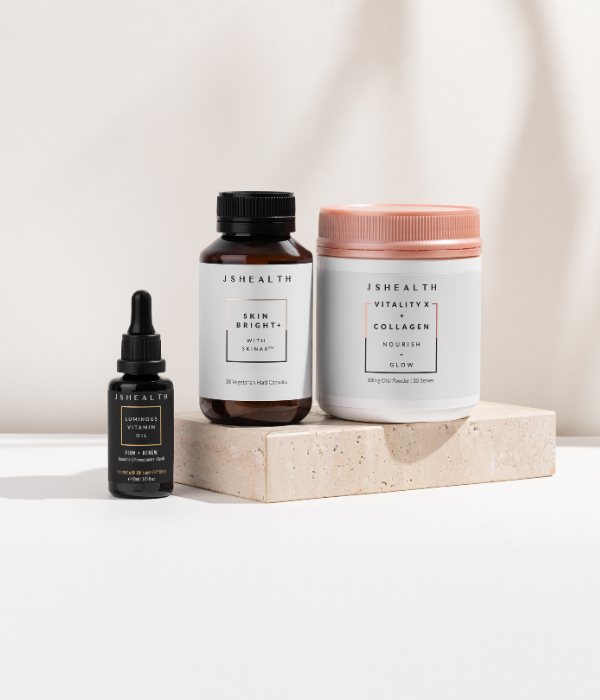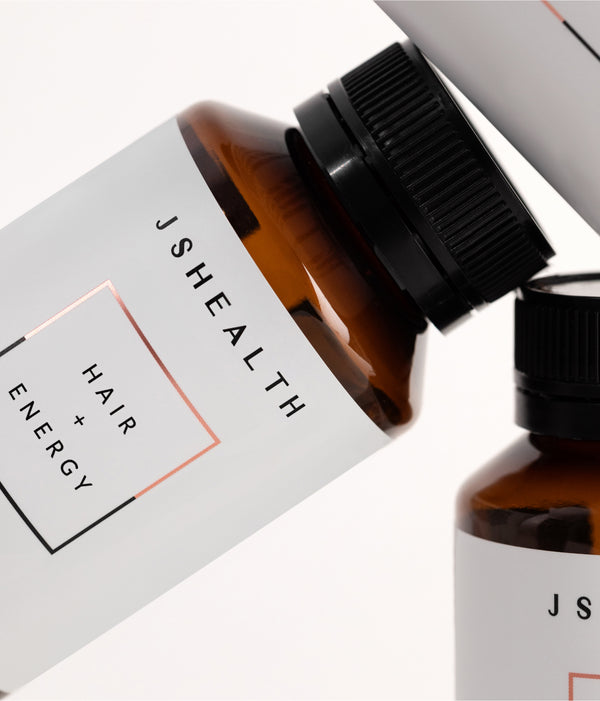How to have the BEST Night's Sleep
Did you know that a tiny region in the hypothalamus of the brain, controls our circadian rhythm (a process which regulates the sleep-wake cycle)?
Sleep is essential for the ability to think clearly, be alert and aware, and to focus. Sleep also serves a major role in regulating emotions.
Poor quality and quantity of sleep have been linked with adverse health outcomes and a reduced quality of life. One may also experience daytime sleepiness, difficulty falling asleep at night and snoring. Experts recommend aiming for an average of 7-8 hours of uninterrupted sleep per night.
Stages of sleep
The different stages of sleep have been divided into one stage of rapid eye movement (REM) and four stages of non-rapid eye movement (NREM). The deeper sleep stages are known as slow-wave sleep (SWS), which is the most restorative type of sleep and happens during the first one-third of the night. REM sleep increases as the night progresses and is longest in the last one-third of the sleep.
What are some of the main nutrients that can support our sleep?
Magnesium
A disturbance in the circadian rhythm can increase the excretion of magnesium, which can eventually lead to a deficiency. Magnesium supplementation has been shown to improve some measures of insomnia such as sleep efficiency, sleep time, early morning awakening and levels of melatonin (our sleep hormone) and cortisol (our stress hormone).
Major dietary sources of magnesium to focus on include dark green leafy vegetables, whole grains, beans, avocado, dark chocolate, nuts and seeds.
Find it in: Magnesium+ and PM+ formulas.
Lavender
Lavender has been shown to be a safe and effective line of intervention for sleep issues. It not only has the most calming and delicious smell, but also helps to relieve disturbed and restless sleep. It helps to calm the mind, and relieves nervous tension and symptoms of mild anxiety. If you're feeling a little anxious, inhaling the aroma of lavender can calm you right down.
Find it in: PM+ formula.
Chamomile
The dried flowers of chamomile contain many flavonoids (antioxidants, which help the body fight off toxins) which contribute to its medicinal properties. Chamomile has been used as a sleep-inducer and mild sedative to calm the nerves and support anxiety. This has been attributed to the specific flavonoid, apigenin.
References:
Abbasi, B., Kimiagar, M., Sadeghniiat, K., Shirazi, M. M., Hedayati, M., & Rashidkhani, B. (2012). The effect of magnesium supplementation on primary insomnia in elderly: A double-blind placebo-controlled clinical trial. Journal of research in medical sciences : the official journal of Isfahan University of Medical Sciences, 17(12), 1161–1169.
Moore RY. Suprachiasmatic nucleus in sleep-wake regulation. Sleep Med. 2007 Dec;8 Suppl 3:27-33.
Abbasi B, Kimiagar M, Sadeghniiat K, Shirazi MM, Hedayati M, Rashidkhani B. The effect of magnesium supplementation on primary insomnia in elderly: A double-blind placebo-controlled clinical trial. J Res Med Sci. 2012 Dec;17(12):1161-9.
Lillehei, A. S., Halcón, L. L., Savik, K., & Reis, R. (2015). Effect of Inhaled Lavender and Sleep Hygiene on Self-Reported Sleep Issues: A Randomized Controlled Trial. Journal of alternative and complementary medicine (New York, N.Y.), 21(7), 430–438.
Hori T, Sugita Y, Koga E, Shirakawa S, Inoue K, Uchida S, Kuwahara H, Kousaka M, Kobayashi T, Tsuji Y, Terashima M, Fukuda K, Fukuda N; Sleep Computing Committee of the Japanese Society of Sleep Research Society. Proposed supplements and amendments to 'A Manual of Standardized Terminology, Techniques and Scoring System for Sleep Stages of Human Subjects', the Rechtschaffen & Kales (1968) standard. Psychiatry Clin Neurosci. 2001 Jun;55(3):305-10.
Forster HB, Niklas H, Lutz S. Antispasmodic effects of some medicinal plants. Planta Med. 1980 Dec;40(4):309-19.
Avallone R, Zanoli P, Corsi L, Cannazza G, Baraldi M. Benzodiazepine compounds and GABA in flower heads of matricaria chamomilla. Phytotherapy Res. 1996;10:177–179.
